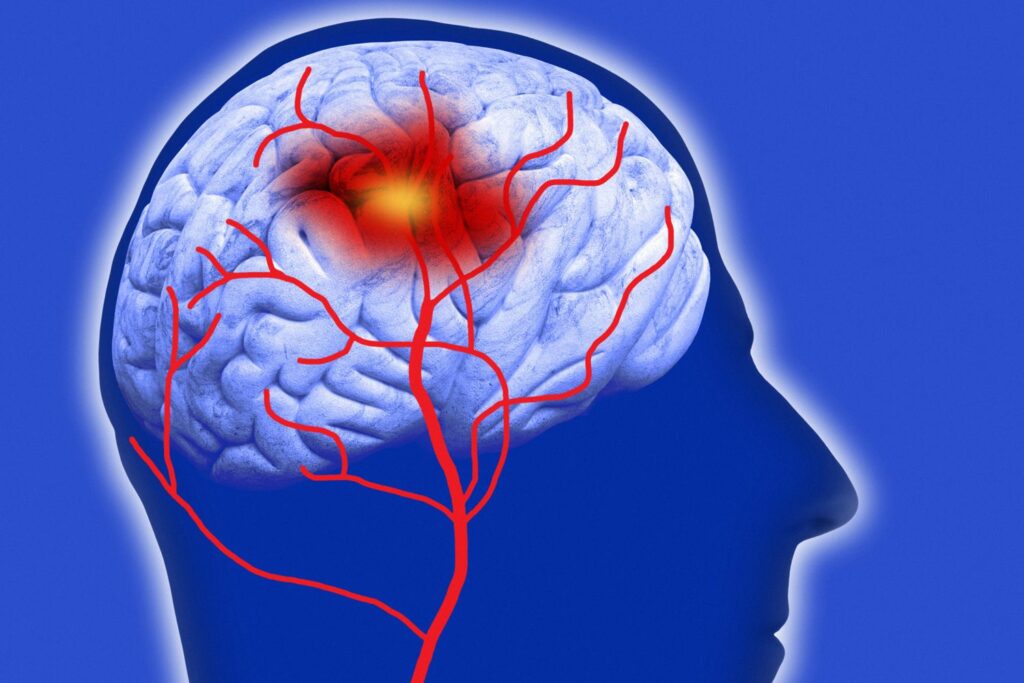Dr Jaideep Bansal – Director & HOD – Neurology, Fortis Hospital Shalimar Bagh
Sleep is an important part of our life. During sleep, multiple functions are carried out by our body. Sleep is essential as it relieves mental fatigue, improves memory, regulates metabolism, repairs the wear and tear of the body and improves immunity.
Sleep disorders not only have an important role as a risk factor for stroke but post-stroke sleep disorders have an important factor in stroke recovery and prognosis also.
Stroke may cause various sleep disorders like- lack of sleep (insomnia), excessive sleep (hypersonic), restless leg syndrome, obstructive sleep apnoea and sleep behaviour disorder.
Sleep disorders are increasingly recognised as independent modifiable risk factors for stroke.
Not only sleeping less is harmful to the body but excessive sleep is also associated with an increased risk of certain diseases including stroke.
Recent studies have shown that sleeping more than nine hours per night may predispose the person to stroke and increase their risk of stroke by 85 percent.
Obstructive sleep apnea is a known risk factor for stroke. Excessive daytime sleepiness is part of OSA.
How excessive sleep is associated with the occurrence of stroke is not clearly understood but studies have shown that people who sleep too much may have increased cholesterol levels and may gain weight, both are risk factors for stroke. In addition, people who sleep too much may have a sedentary lifestyle and may have depression which is also related to an increased risk of stroke

